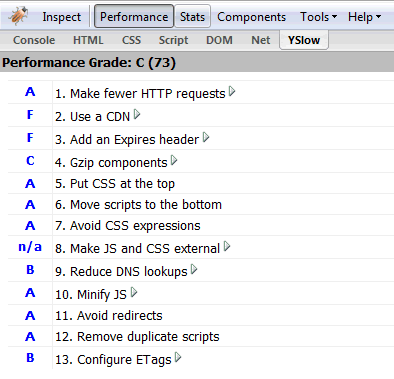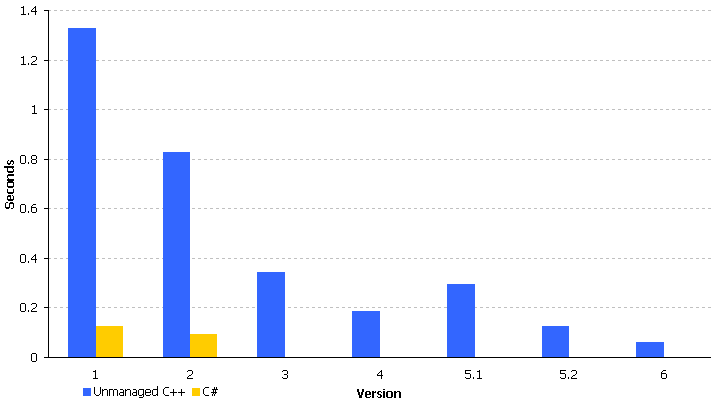For Best Results, Don’t Initialize Variables
I noticed on a few projects I’m currently working on that the developers are maniacal about initializing variables. That is, either they initialize them when they’re declared:
private string s = null; private int n = 0; private DataSet ds = null;
Or they initialize them in the constructor:
class MyClass
{
private string s;
private int n;
private DataSet ds;
public MyClass()
{
s = null;
n = 0;
ds = null;
}
}
Well, this all struck me as unnecessary work in the .NET world. Sure, maybe that’s the convention in the wild and wooly world of buffer overrunsC++, but this is managed code. Do we really want to play the I’m smarter than the runtime game again?
Ok, so maybe you’re a masochist and you like extra typing. What about the performance argument? According to this well-researched CodeProject article, initializing variables actually hurts performance. The author provides some benchmark test code along with his results:
| Creating an object and initializing on definition | 11% slower |
| Creating an object and initializing in the constructor | 16% slower |
| Calling a method and initializing variables | 25% slower |
That’s on the author’s Pentium-M 1.6ghz. I tested the same code (optimizations enabled, release mode) on my Athlon 64 2.1ghz and a Prescott P4 2.8ghz:
| Athlon 64 | P4 | |
| Creating an object and initializing on definition | 30% slower | 35% slower |
| Creating an object and initializing in the constructor | 30% slower | 36% slower |
| Calling a method and initializing variables | 14% slower | 8% slower |
I recompiled under VS.NET 2005 beta 2 using the Athlon 64 to see how .NET 2.0 handles this:
| Creating an object and initializing on definition | 0% slower |
| Creating an object and initializing in the constructor | 20 % slower |
| Calling a method and initializing variables | 20% slower |
Clearly there’s a substantial performance penalty for initializing variables in both .NET 1.1 and even .NET 2.0 (although the newer compiler appears to optimize away initialization on definition). I recommend avoiding initialization as a general rule, unless you have a compelling reason to do so. If you’re only initializing variables to avoid the uninitialized variable compiler warning, check out the new #pragma warning feature to programmatically disable specific warnings in .NET 2.0.








